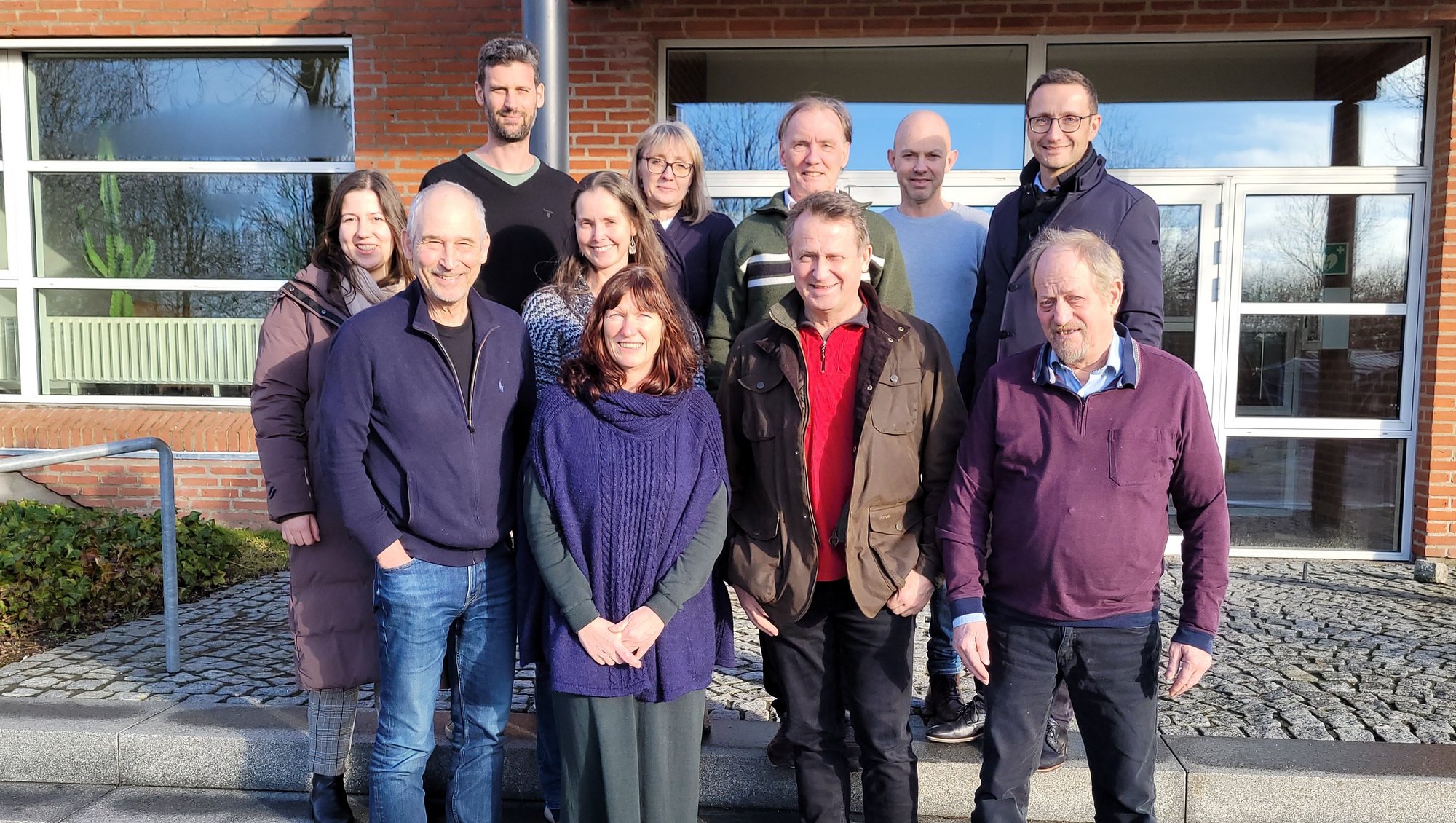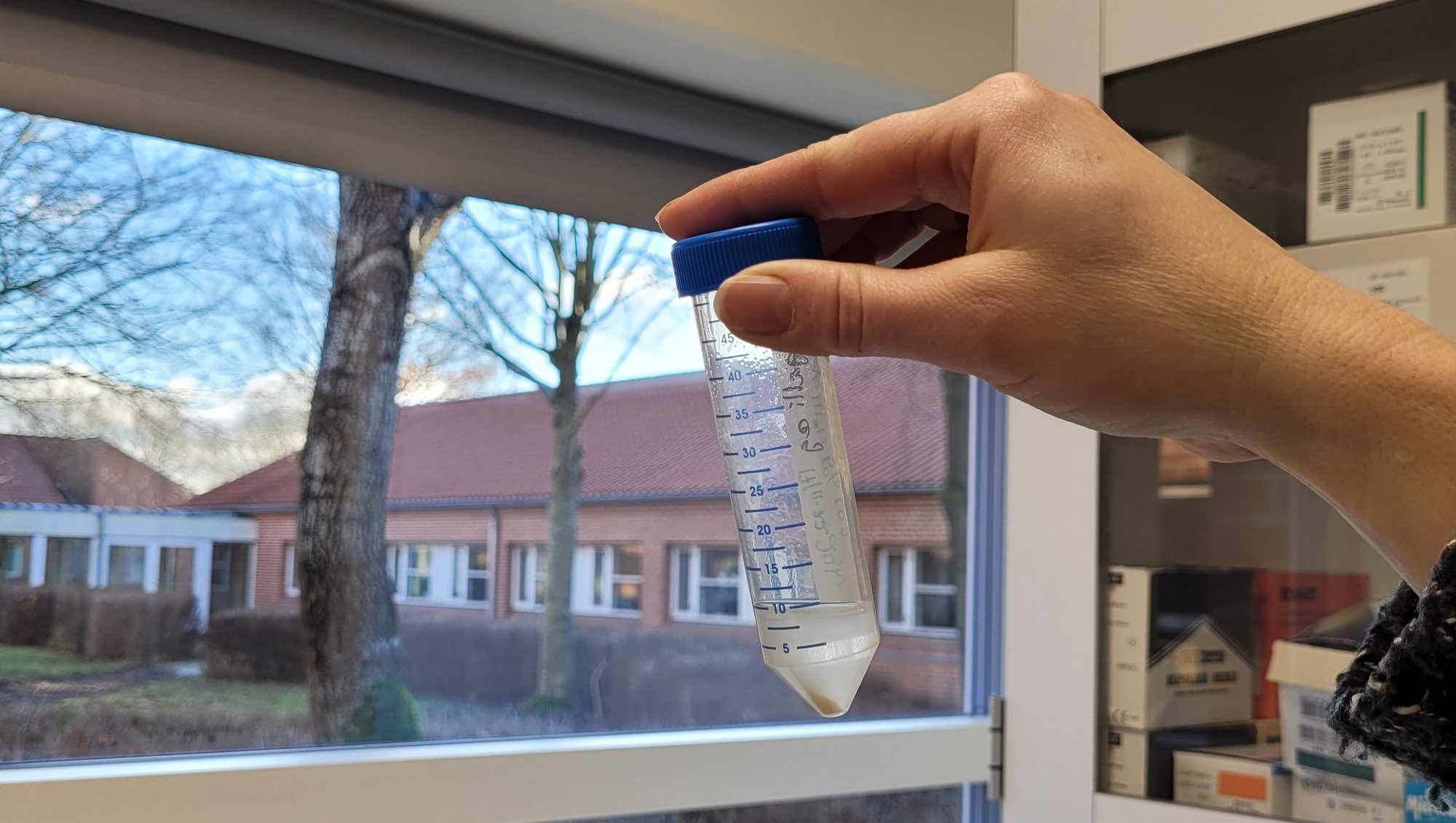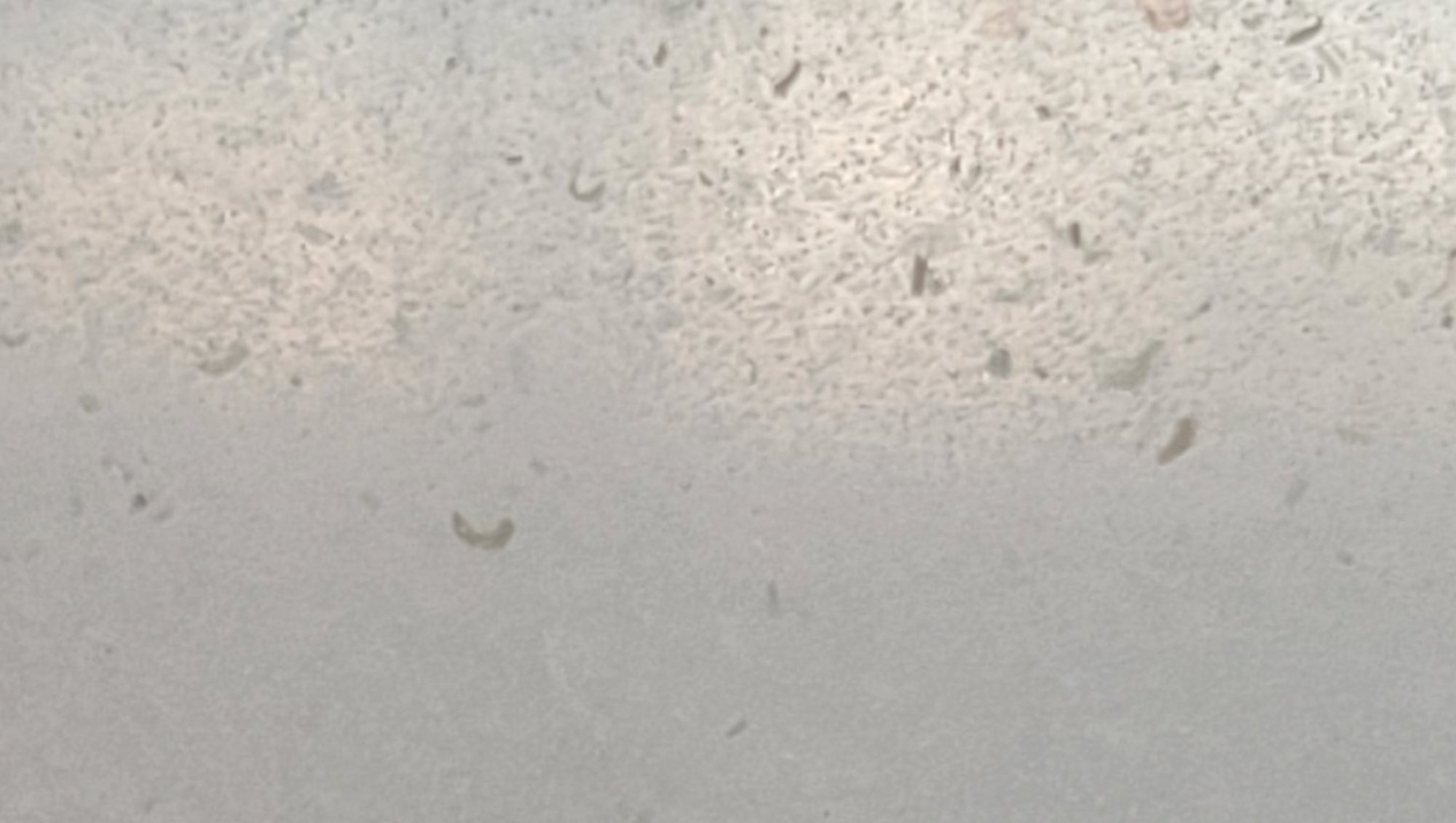BIOACT
Plant-based treatment against parasites in organic chickens
Background
Due to new EU regulations regarding extended withdrawal periods after antiparasitic treatment, there is an urgent need for new strategies to control parasite infections in organic laying hens.
The Purpose of BIOACT
BIOACT aims to characterize and test 5 different plant extracts for the treatment of parasites in organic poultry. The plant extracts offer an alternative, sustainable, non-medical treatment approach to parasitic infections. Furthermore, the goal is to market the extracts as a feed additive to enhance both production and the overall health and welfare of animals. As a first step, the project's strategy is to target organic laying hens.
The plant extracts contain either enzymes (proteases) that break down the parasite's skin (cuticle) and their eggs or other substances that paralyze intestinal parasites and lead to their elimination. Some of the plant extracts have shown effects both in vitro and in vivo, demonstrating that they not only kill the roundworm “Ascaridia galli”i but also other important worms such as “Heterakis gallinarum” and “Capillaria spp”; other extracts have not yet been tested in live chickens but have shown promising results in vitro.
BIOACT will develop feed additives that can effectively treat parasitic infections with one or more plant extracts, thereby avoiding egg retention for consumption as well as the use of conventional medicine, increasing egg production and thus profitability for organic producers, improving feed efficiency - all while enhancing animal welfare for organic laying hens.
Project Step by Step
- Development of an in vitro method for screening bioactive compounds and quality assurance of plant extracts, including minimizing batch variation.
- Experimental investigation of the substances' effect on worm infections in (a) experimentally infected and (b) naturally infected organic laying hens.
- Clinical tests under field conditions to (a) support the effect of the new formulation in terms of taste, administration method, and dosage, and (b) examine effectiveness using a 5-day administration schedule or continuous feed supplementation in organic flocks.
- Obtain market approval in Denmark and the EU, including screening the potential for local production of organic plants.
- Stakeholder involvement and dissemination activities.
Project partners
ASQARI ApS
- Anders Permin
- Egil Hulgaard
Innovation Centre for Organic Farming (ICOEL)
- Sofie Knorr Jensen
- Niels Finn Johansen
Aarhus University (AU), Department of veterinary and animal science
- Tina Sørensen Dalgaard
- Rikke B. Kjærup
University of Copenhagens (UCPH), Department of veterinary and animal science
- Stig Milan Thamsborg
- Helena Mejer




